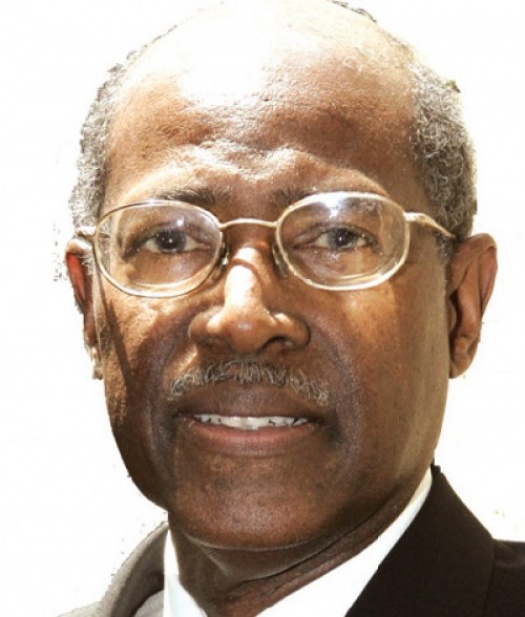
The comeback of Sen. Hillary Clinton (D-N.Y.) in Texas and Ohio was manufactured by series of factors that the Sen. Barack Obama (DIll.) campaign must heed or they may yield other Clinton victories. A major factor in the Clinton win in Ohio was the gift g
Apparently a Chicago Canadian consular official contacted an Obama economic advisor to meet with them on North American Free Trade Agreement, then wrote a memorandum about the meeting and leaked it to the media suggesting that Obama’s criticism of NAFTA was not genuine, essentially posturing for the campaign.
When liberals in the Canadian Parliament attacked its conservative Prime Minister for interfering in the American election, he denied leaking the memo, but we must now believe that the consular official acted “independently.” In any case, Clinton was able to use this message effectively by casting doubt about Obama’s seriousness to change American trade agreements in a state that is virtually bleeding from the loss of jobs and votes on trade issues.
The CNN exit poll indicated that 70 percent of Ohio voters thought Hillary had a plan to fix the economy while 57 percent thought Obama had a plan. This issue cuts especially hard among older voters who are sensitive to jobs security and pensions and Clinton carried over 65 voters, who made up 14 percent of the vote there.
The fact that youthful voters made up only 7 percent of the vote may mean that Obama’s young brigade did not turnout as strongly. The question I have about the Canadian story is why did the American media not attack the Canadian government for it’s role in producing such a document.
Was it just an accident that it surfaced during the vote in Ohio? Did the conservative PM initiate the contact or a low-level official in Chicago do it only his own? These and other questions were not followed up, rather the appearance of the memo became the story and both the Clinton campaign and the media used it to full effect, affecting some voters, no doubt who were sitting on the fence at the last minute.
Some time ago, I suggested in this column that as Barack Obama came closer to winning the nomination, the danger he faced was that he would have to oppose not only the Clinton campaign, but the Fourth Estate. It is a proven fact with a slew of scientific papers, that the media plays the strongest role in public policy because of its ability to help shape public attitudes. That power is also present in elections by their interpretation of political events or their lack of interpretation.
It may have helped Clinton in Ohio and Texas. In the last few weeks, the Clinton campaign has been able to trigger the media to adopt a more negatively aggressive attitude toward Barack Obama by charging that they were giving him a free ride.
In the last debate, for example, she opened by complaining that she was given the first question in the past series of debates and saying that we should ask Obama whether he was comfortable or whether he “wanted another pillow.” Many TV and radio talk show hosts and commentators took the bait and went after Obama, using the beginning of the Rezko trial bringing up his past involvement in the affair, even though Obama said that buying land from Rezko at a reduced price was a “bone-headed” decision and gave the money to charity that Rezko contributed to his campaign.
In effect, even though there was no illegality involved, it is being kept alive to prove the toughness of the media on Obama. So, now Obama is in a posture, where John McCain, who closed the deal to become the Republican nominee on March 4 is firing at him; the Clinton campaign is firing at him; and the media is firing at him all at once.
In that environment he will have to adopt a far more aggressive media strategy and not assume that things like the Canadian ploy will just “go away.” His campaign has been good at what is called rapid response to Clinton’s ads, but the Obama punch has been comparatively mild. He will have to determine whether to go a bit more negative on Clinton and to put the media on the defensive as well for their tag-team connection with the Clinton campaign and force them into a neutral stance.
______ Copyright 2008 Associated Press. All rights reserved. This material may not be published, broadcast, rewritten, or redistributed.
